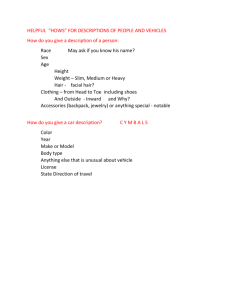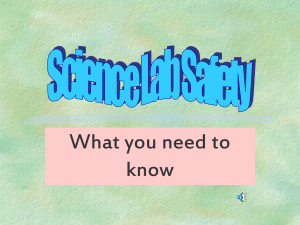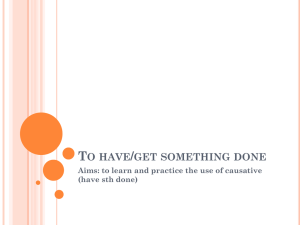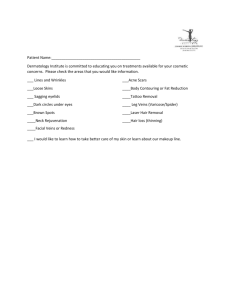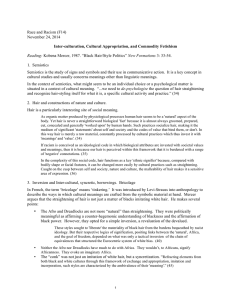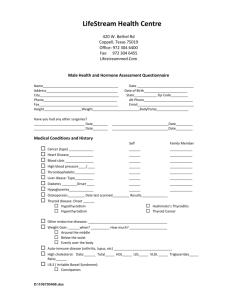Hien Hoang Thu Discussing lexis
advertisement
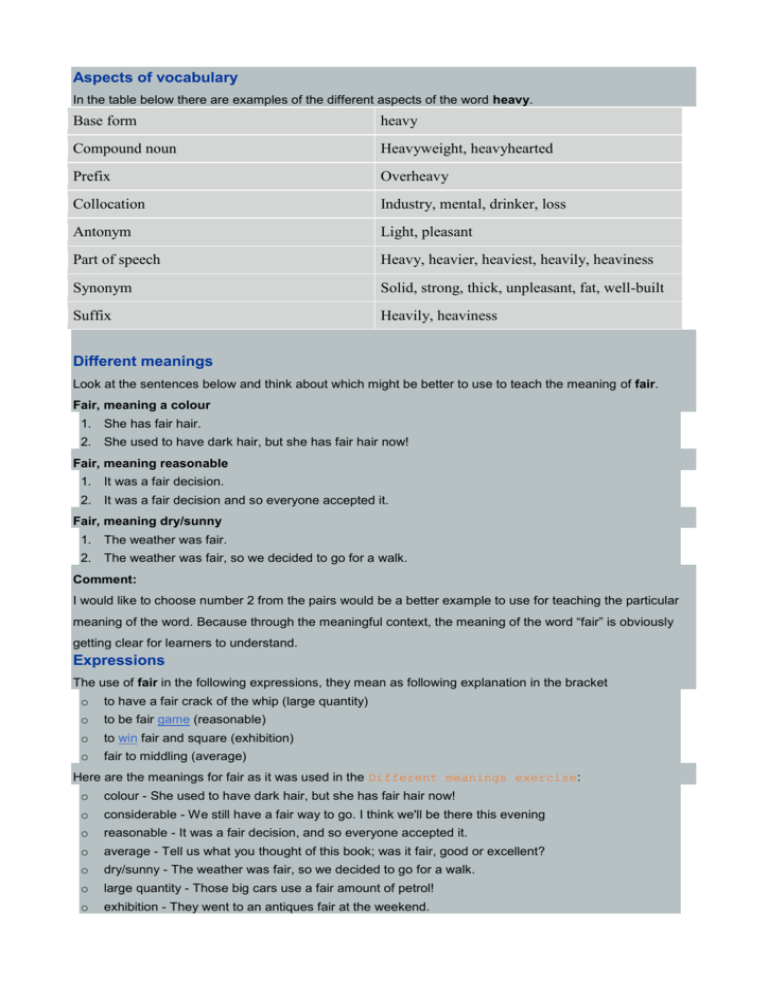
Aspects of vocabulary In the table below there are examples of the different aspects of the word heavy. Base form heavy Compound noun Heavyweight, heavyhearted Prefix Overheavy Collocation Industry, mental, drinker, loss Antonym Light, pleasant Part of speech Heavy, heavier, heaviest, heavily, heaviness Synonym Solid, strong, thick, unpleasant, fat, well-built Suffix Heavily, heaviness Different meanings Look at the sentences below and think about which might be better to use to teach the meaning of fair. Fair, meaning a colour 1. She has fair hair. 2. She used to have dark hair, but she has fair hair now! Fair, meaning reasonable 1. It was a fair decision. 2. It was a fair decision and so everyone accepted it. Fair, meaning dry/sunny 1. The weather was fair. 2. The weather was fair, so we decided to go for a walk. Comment: I would like to choose number 2 from the pairs would be a better example to use for teaching the particular meaning of the word. Because through the meaningful context, the meaning of the word “fair” is obviously getting clear for learners to understand. Expressions The use of fair in the following expressions, they mean as following explanation in the bracket o to have a fair crack of the whip (large quantity) o to be fair game (reasonable) o to win fair and square (exhibition) o fair to middling (average) Here are the meanings for fair as it was used in the Different meanings exercise: o colour - She used to have dark hair, but she has fair hair now! o considerable - We still have a fair way to go. I think we'll be there this evening o reasonable - It was a fair decision, and so everyone accepted it. o average - Tell us what you thought of this book; was it fair, good or excellent? o dry/sunny - The weather was fair, so we decided to go for a walk. o large quantity - Those big cars use a fair amount of petrol! o exhibition - They went to an antiques fair at the weekend. Comment on the following questions: 1. Does the meaning of fair in the expressions in the first list relate to the meanings in the second list? Yes, it does. 2. Would it be easier to teach/learn each expression as a complete 'chunk' or to break it down and analyse the meaning of fair in it? It would be easier to teach/learn each expression as to break it down and analyse the meaning of fair in it.
